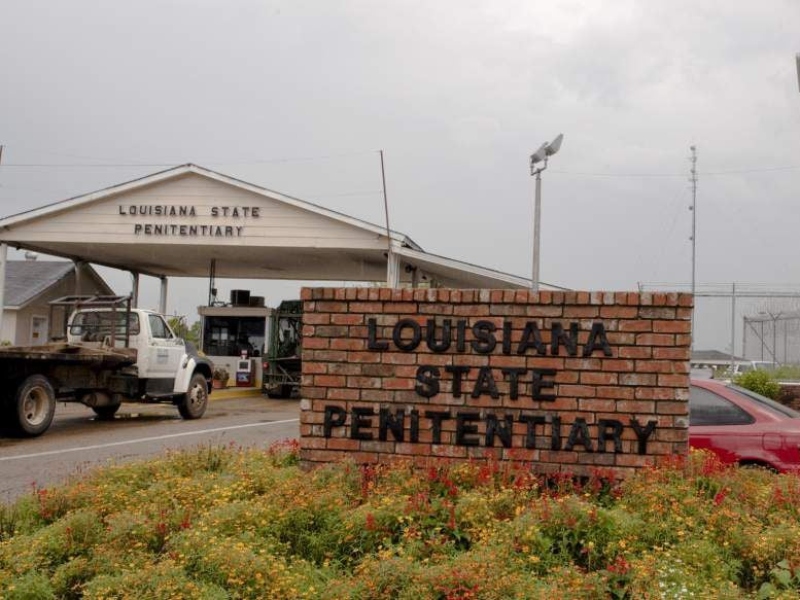A groundbreaking two-year investigative journalism has uncovered a troubling connection between America’s largest maximum-security prison, the Louisiana State Penitentiary, and major food brands.
The investigation has revealed that brands such as McDonald’s, Walmart, and Cargill benefit from this shadowy workforce.
Formerly a slave plantation, the prison, known as Angola, now serves as the epicenter of a complex supply chain where products raised by inmates end up on the shelves of supermarkets across the nation and even in exports.
The report sheds light on the plight of some of the nation’s most vulnerable laborers—prisoners—who often work for minimal or no pay and lack basic worker protections.
Refusal to work can result in severe consequences, including solitary confinement, creating a system reminiscent of the forced labor practices of the past.
The investigation conducted for the Associated Press by seasoned journalists reveals further that the legal framework for this exploitation is rooted in the 13th Amendment, which permits involuntary servitude as punishment for a crime.
However, advocates are pushing for amendments to this clause both federally and within state constitutions to address these issues.
Inmates at Angola endure harsh conditions reminiscent of its plantation history. Willie Ingram, who has been incarcerated for 51 years, recounted brutal treatment and minimal resources while working in the fields.
What began as traditional roles like license plate stamping has evolved into a vast prison labor empire spanning various industries.
The investigation highlights a troubling reality within the U.S. criminal justice system, where systemic inequalities persist, and forced labor remains a stark reminder of the nation’s complex history.
Advocates argue that true rehabilitation and justice require a fundamental overhaul of these practices, emphasizing fair wages, humane treatment, and the voluntary nature of work within incarcerated populations.

